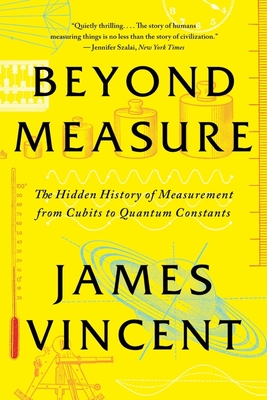
Contested Ground: The Historical Debate Over NASA's Mission
Description
Since the opening of the space age nearly 50 years ago, the U.S. government has spent close to $1 trillion on space-related activities. Although by no means the largest public expenditure over that period-it is easily dwarfed by national defense, social security, and countless other federal programs-it is still, by any measure, an enormous amount of money. It therefore seems perfectly reasonable to ask: what has the American taxpayer gotten in return for this rather large investment? This book will examine the changing views of NASA's mission(s) held by government officials over the years. Drawing upon relevant concepts in political science and public administration, it will attempt to account for the shifts in space policy, by describing the political, economic, and technical factors that helped bring them about. Among the questions to be addressed are: what did policymakers envision when they created the agency in the first place? Why was there such strong (albeit not entirely unanimous) support for Project Apollo in the early 1960s, and why did it fade away in such a relatively short time? What caused NASA and the program to languish throughout most of the 1970s, and why did it reemerge (after a fashion) in the 1980s? Finally, what is the agency's role today? This book studies in depth the development and maturation of the NASA mission from the inception of the organization until the present. This study is involved in a wide divergence of questions over roles and missions: the agency's R&D/operational activities, the decentralized/centralized approaches to management, the debate over methods of conducting business. A fundamental part of this work involves the analysis of not only how NASA has defined its role but how senior government leaders, the Congress, and society at large have viewed this matter.
















